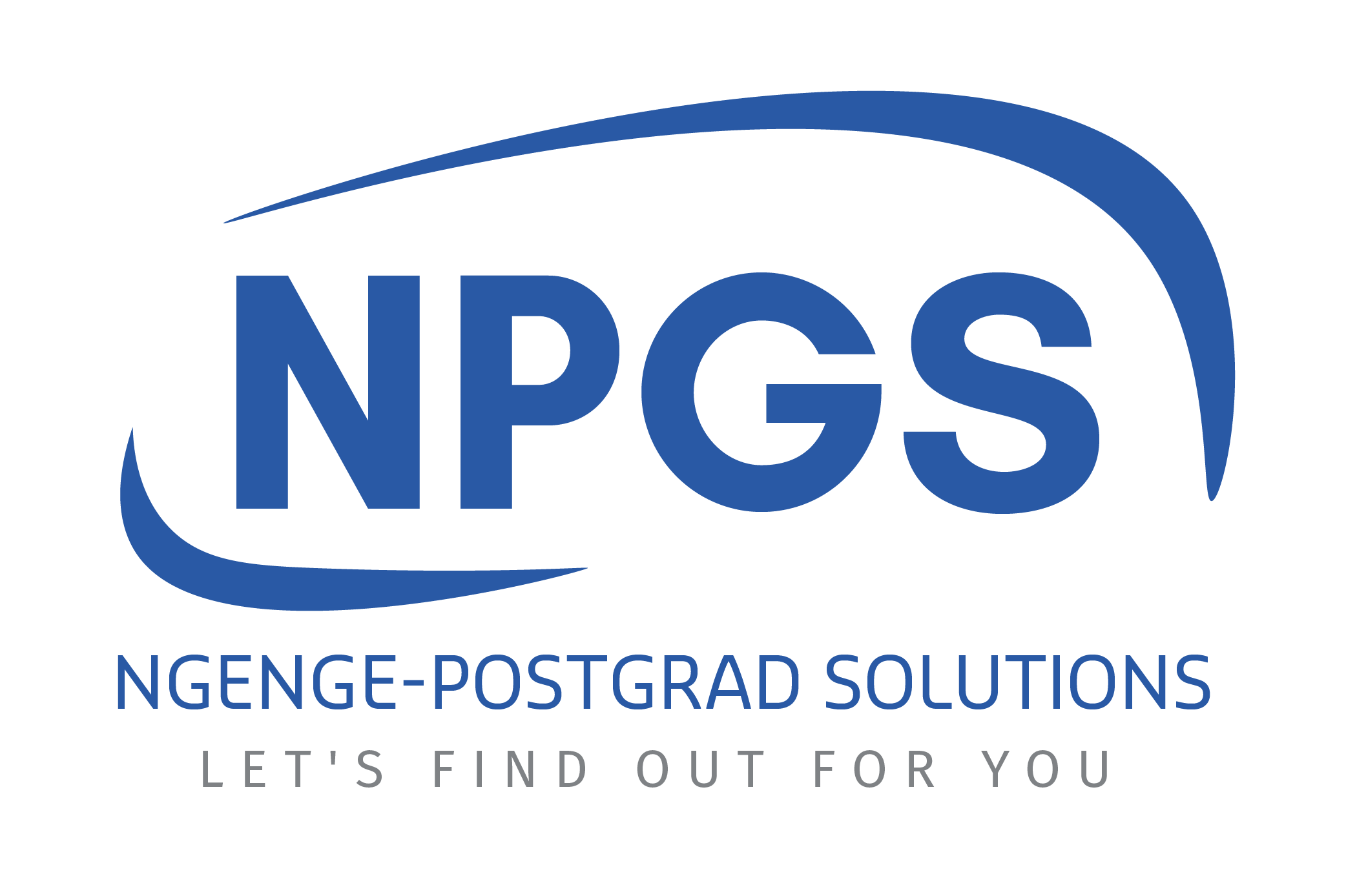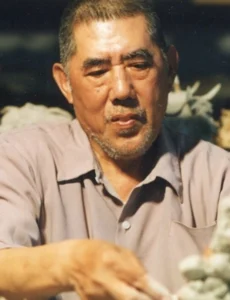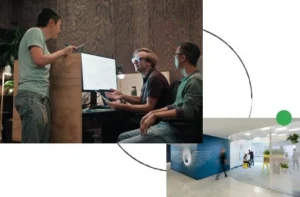Deadline for applications: 15 January 2021, 5 pm CET
The Humanitarian Education Accelerator (HEA) is an Education Cannot Wait-funded programme led by UNHCR.
The programme supports promising humanitarian education innovations to transition from successful pilots to programmes that can operate at scale – through capacity building, mentorship, peer learning and rigorous research. Since 2016, the HEA has supported nine grantees, operating in multiple contexts.
The need to identify and bring to scale innovative solutions to the complex challenges surrounding humanitarian education has never been more pressing, particularly in low resource settings.
However, evidence on what works in humanitarian education, as well as how to effectively bring that to scale, is limited. As a result, practitioners, donors and policymakers have little information at their disposal to help them make informed decisions about how to spend scarce resources and work towards sustainable scale.
The HEA seeks to address gaps in evidence and scaling capacity by taking common elements from an accelerator – such as mentorship, internal capacity building and establishing a cohort that works together – and merging these with an evaluation-based programme. Through this unique approach, the HEA seeks to:
- Build the evidence base on how to effectively scale education innovations in humanitarian settings, through investing in rigorous research;
- Strengthen internal monitoring, evaluation and learning (MEL) processes and provide targeted support for selected organisations to navigate scale ;
- Assist organisations to build strong, supportive partnerships with governments, humanitarian and development actors, donors and other practitioners for sustainable scale;
- Develop a community of practice, capturing knowledge and sharing lessons learned on scaling humanitarian education innovations, including the development of global public goods for the wider education sector.
Having already supported nine grantees since 2016, the HEA has launched a new Call for Applications for Phase II of the programme, to identify and support a further cohort of education innovations in five countries: Chad, Ethiopia, Jordan, Lebanon and Uganda.







